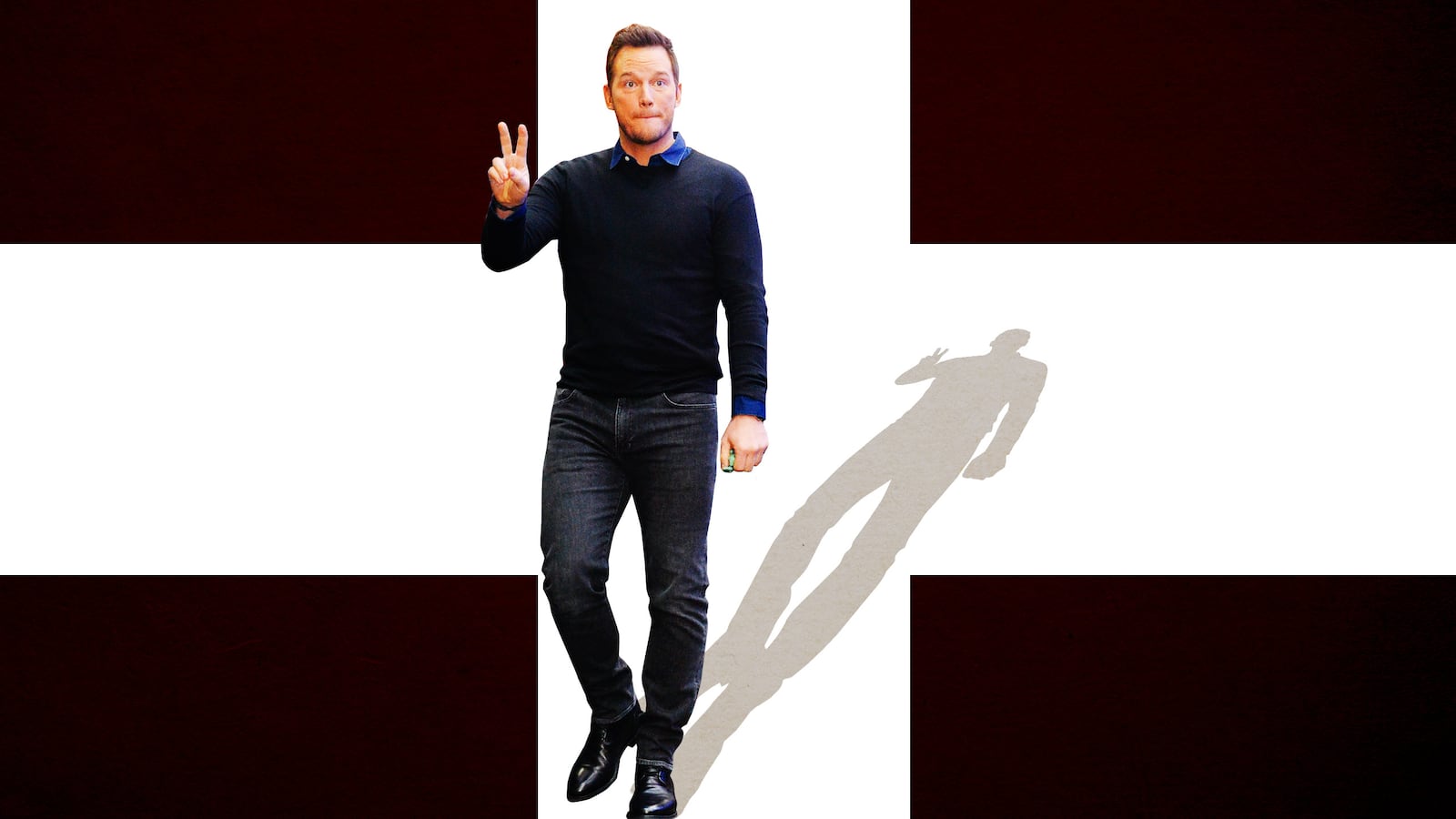On a November 2017 night in downtown Los Angeles, Selena Gomez tearfully recounted her journey to becoming “a child of God” in front of a room full of fellow evangelical Christians. She read aloud a self-addressed letter, sharing the day she sat in a church service with a friend and felt the end to a decade of “falling and trying, hurting and questioning.”
Clifford Jacobs sat in the audience at the Microsoft Theater with a close friend of his own. He’d traveled from New York to attend Hillsong Church’s annual conference, as a religious confirmation of sorts. He’d started attending Hillsong services in New York less than a year ago. The modern music and lively pastors satisfied his spiritual yearnings in a way he hadn’t felt since childhood.
Listening to one of his favorite singers speak, Jacobs, who is gay, had a sudden realization. “I’m not hearing anything about the LGBTQ population,” he said, quickly picking up his phone to Google “Hillsong Church LGBTQ.” Scrolling through the onslaught of negative press, he sat shocked and waited for someone on stage to acknowledge the LGBTQ community. No one did. “In the absence of nothing being said, in addition to the history, I realized that this church was not for me,” he recalled.
Jacobs is just one of several former Hillsong churchgoers and music fans revisiting their experiences—mostly negative—this week on social media in the wake of Ellen Page criticizing Chris Pratt’s association with the “anti-LGBTQ” church.
Pratt attends Los Angeles’ Zoe Church, a branch of the social-media savvy Hillsong Family evangelical church tree. Zoe Church has not officially come out against the LGBTQ community, though its pastor produced a film that equated homosexuality with “sexual brokenness.” Pratt defended his parish on Instagram against Page’s claims, citing their support after his divorce from actress Anna Faris. “It is what I have seen them do for others on countless occasions regardless of sexual orientation, race or gender,” he wrote.
However, as The Daily Beast previously reported, parent church Hillsong has a lengthy history of gay conversion therapy, and refusing leadership roles to LGBTQ people. A representative for Hillsong declined to comment on the church’s current LGBTQ beliefs, instead referring to global senior pastor Brian Houston’s 2015 blog titled, “Do I Love Gay People?” Following backlash after the firing of Josh Canfield, a gay man who served as Hillsong’s NYC choir director, over his sexuality, Houston wrote, “Hillsong Church welcomes ALL people but does not affirm all lifestyles. Put clearly, we do not affirm a gay lifestyle and because of this we do not knowingly have actively gay people in positions of leadership, either paid or unpaid.”
The news came as a shock to many who didn’t expect homophobia within the modern, high-tech church. But Southern California writer Clarkisha Kent already knew where they stood on her community. She’d done her research a few years earlier. “I didn’t know, being a young queer, what their actual messages were,” said Kent, who began her investigation as a University of Chicago undergrad in 2012. “Hillsong is a very good study on how to package bigotry.”
While never an official member of the Hillsong Church, Kent was a devoted fan of Hillsong United, one of three bands that comprise the church’s music branch. She first heard the band at the nondenominational 2009 Acquire the Fire Christian youth conference in Nashville. Attending with her Baptist teen ministry group, Kent was enraptured by Hillsong United’s moody, guitar-driven take on Christian songs and stage “set up like a freakin’ Beyoncé concert.” They became part of her daily playlist as a teen.
But after heading off to the University of Chicago, Kent came out as bisexual and started researching Hillsong’s stance on LGBTQ issues. She quickly lost faith in a band that once made her feel accepted. “They’re not going to put anti-gay in their love songs. They’re smart for that, but we got to be smarter,” Kent, whose Twitter thread critiquing Hillsong and Pratt went viral earlier this week, explained.
Ever since Hillsong NYC’s senior pastor Carl Lentz joined Justin Bieber’s entourage in 2017, media outlets routinely cover the Instagram-friendly evangelical churches but only occasionally explore their not-so-picturesque past. In August 2018, The Cut outlined the many celebrity connections to evangelical pastors from the Kardashians and Vous Church’s Rich Wilkerson to Chris Pratt and Zoe Church’s Chad Veach.
In the piece, writer Lea Ceasrine—who identifies as straight—re-examined her time attending Hillsong NYC four years earlier. “I thought I had moved on with my life. This wasn’t a horrible experience in my life,” Ceasrine said. “No one had openly come out to me there, but I had some friends who wanted to join that were gay. It was this weird thing where I couldn’t invite them or talk about it.”
Ceasrine, tired of reading largely positive, celebrity-focused articles on the church, wrote a personal essay for The Outline in September 2018 about leaving behind the “retrograde values” of Hillsong. She called the experience largely positive, appreciating the congregation’s racial diversity and community service. But she couldn’t stomach the “shady and disingenuous” focus on celebrity while being “shunned” for questioning their focus on traditional marriage. Her departure wasn’t without ramifications. “It was me leaving that really ended our friendship,” she said of the friend who first brought her to Hillsong. “I didn’t get the sense he was going to come around to anything I was going to say.”
Ceasrine’s article experienced a resurgence on Twitter this week, and she’s fielding messages from current and former Hillsong parishioners offering similar experiences. She no longer feels alone in her resistance to Hillsong but is frustrated that Pratt and other celebrities won’t candidly discuss the church’s homophobia.
It’s a sentiment echoed by Jacobs, who left the 2017 Hillsong Conference convinced he wouldn’t return to the church. He doesn’t hold any resentment toward Gomez—who penned a letter to the LGBT community for Billboard in 2017—or Pratt’s associations with the church. He just wants them to address its not-so-secretive history. Representatives for Pratt, Gomez and Zoe Church did not return requests for comment.
“This church has a problem with me. It’s OK if they have a different type of view,” he said. “We’re giving them a chance to tell us what they believe, and by them not taking that chance, it’s basically them telling us they don’t believe in us as human beings and who we are.”







